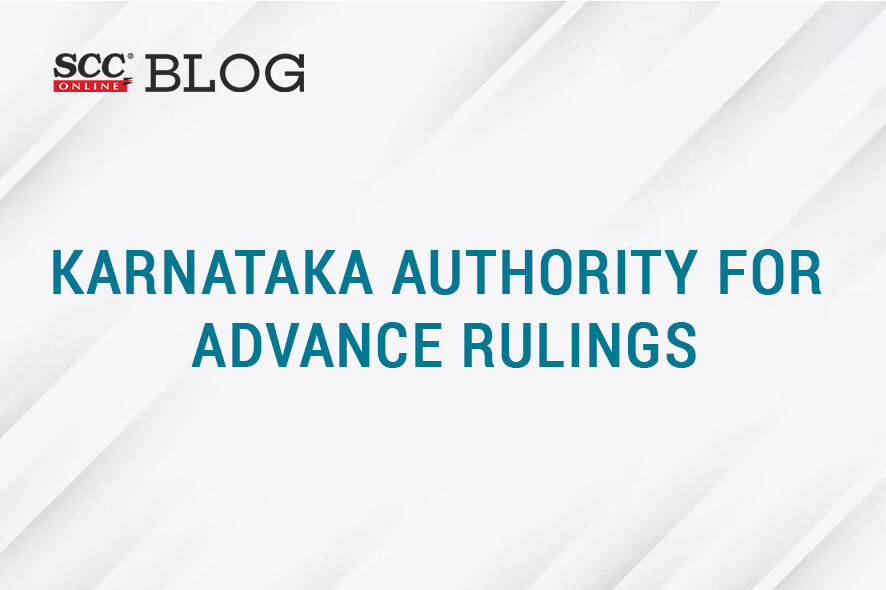Authority for Advance Ruling (Karnataka): In an application sought for determining the liabilities to pay tax on any goods or services or both which is covered under Section 97(2)(e) of the Central Good and Services Tax Act, 2017 (‘CGST’). The two-member bench of Dr. M.P Ravi Prasad and Kiran Reddy T held, that the supply of goods from the applicant to overseas customer is treated neither as ‘supply of goods’ nor as ‘supply of services’.
Background:
The applicant wasengaged in trading of finished goods and also in providing support services to customer located outside India; they intend to enter into a new business transaction, wherein the applicant would be engaged in supplying domestically procured goods to customers outside India.
Issue:
Whether the supply of goods from the applicant to the overseas customer is taxable under GST as a zero rate of supply or not ?
Analysis:
The applicant had entered a contractual agreement with the manufacturer who is responsible for the undertaking applicable customs duty compliances, such as documentation for the outbound customs clearance as exporter and filing of bill of landing for the transportation of goods to overseas customer on the direction of applicant. Therefore two invoices were raised in the transaction i.e. one invoiced by manufacturer on applicant and the other by applicant on Overseas customer, consequently in applicant’s books of account the transaction will be recorded as ‘purchase of goods’ and transaction between applicant and the Overseas customer as ‘sales of goods’
The Authority said that there were two transactions involving the applicant. The first transaction is of supply of goods by the manufacturer to the applicant and the second transaction is of supply of the same goods by the applicant to an overseas customer.
The Authority referred to the term “exporter” under Section 2(20) of Customs Act 1962, and said that in relation to any goods an exporter can be:
-
Owner of the goods
-
Beneficial owner of the goods
-
Any person holding himself out to be the exporter.
Further, the Authority referred to the term “bill of lading” as defined by United Nation Conference on Trade Development, as a document of title of goods which enables the consignee to take delivery of the goods at their destination or to dispose of them by the endorsement and delivery of the bill of lading. It said that the person claiming “exporter” is the owner of the goods , and also the bill of lading is the proof of the title of goods when the goods are handed over to the shipper. Since, the manufacturer files the shipping bill as exporter and also gets the bill of landing issued to him, he is the owner of the good and holds the title till they cross the customs frontiers of India.
Thus, the manufacturer is he exporter.
Therefore, in the first transaction of supply of goods by the manufacturer to applicant, the place of supply of good shall be located outside India in terms of Section 11(b) Integrated Goods and Service Tax Act, 2017.
Further in respect of second transaction involving the supply of the same goods by the applicant to Overseas customer, it was observed that goods are supplied from a location outside India to another location which is also out of India, i.e., the supply of goods from a place in non – taxable territory to another non- taxable territory without such good entering into India. This transaction will covered under Entry 7 of Schedule III of CGST Act, 2017.
[Marubeni India Pvt. Ltd., In re, 2023 SCC OnLine Kar AAR-GST 6, decided on 20-03-23]
Advocates who appeared in this case :
Represented by: Chartered Accountant Neha Kishori.






